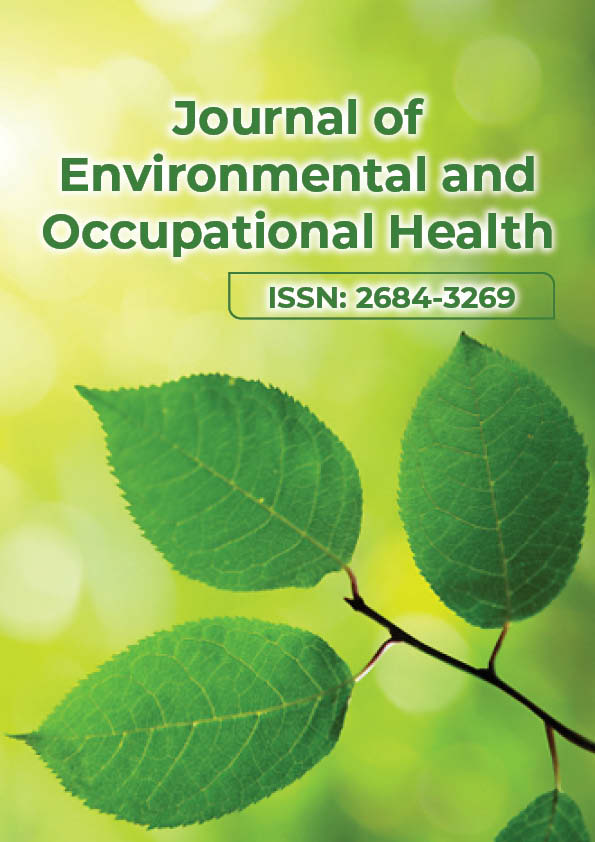Public Health Microbiological Quality and Safety Assessment of Addis Ababa City Drinking Water Sources, Addis Ababa, Ethiopia
Abstract
Objective: Water of poor quality can cause water borne diseases by microorganisms. It has been frequently described responsible for millions morbidity and mortality worldwide. Therefore, determining the quality and safety status of municipal drinking water sources is very important task. Generally, the aim of the study was to assess the microbiological quality and safety status of municipal drinking water sources in Addis Ababa city administration.
Methodology: A cross-sectional study was conducted on drinking water sources (public taps, reservoirs, springs and wells). All water sources were analyzed for bacteria by Presence-Absence (P-A) method and samples filtered through a membrane filters by vacuum pump and tested by saline wet mount for parasites.
Results: The study revealed that there were 10% of all samples were positive for bacteria (7% total coliforms and 3% faecal coli forms). On the other hand, there were no parasites findings.
Conclusion: Most Addis Ababa city drinking water sources had acceptable quality and were safe to drink.
HTML PDF




